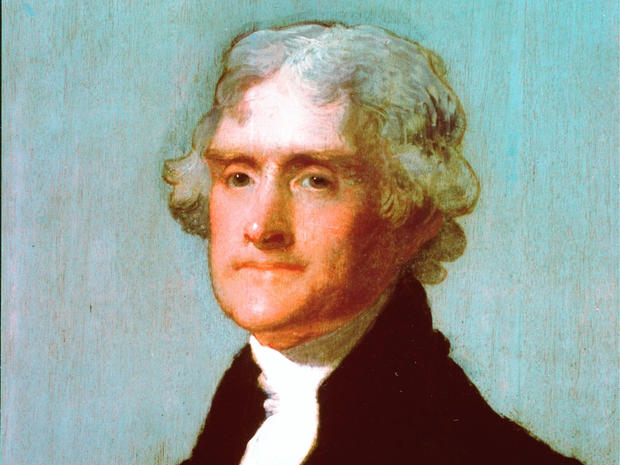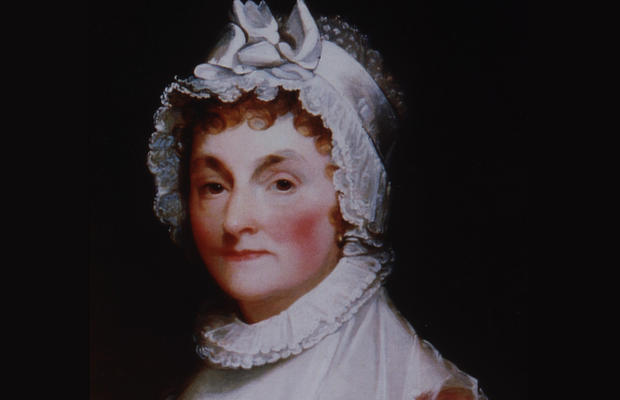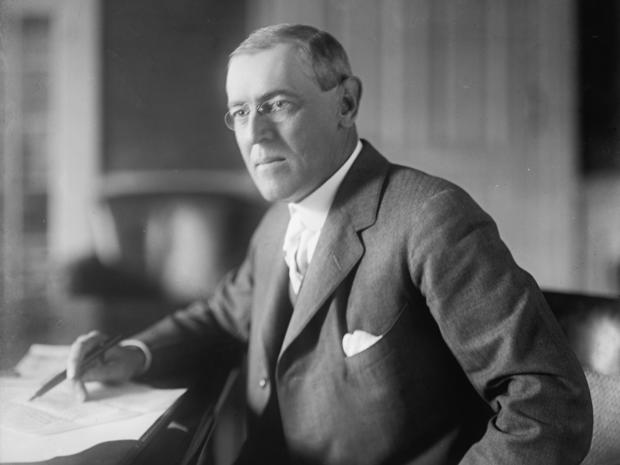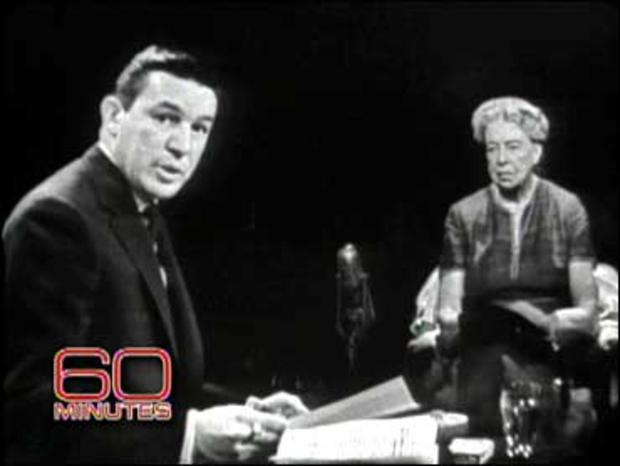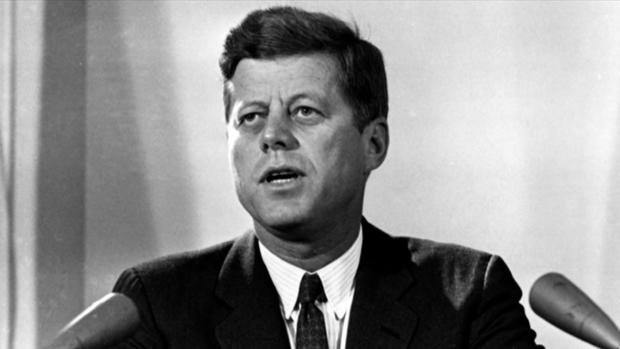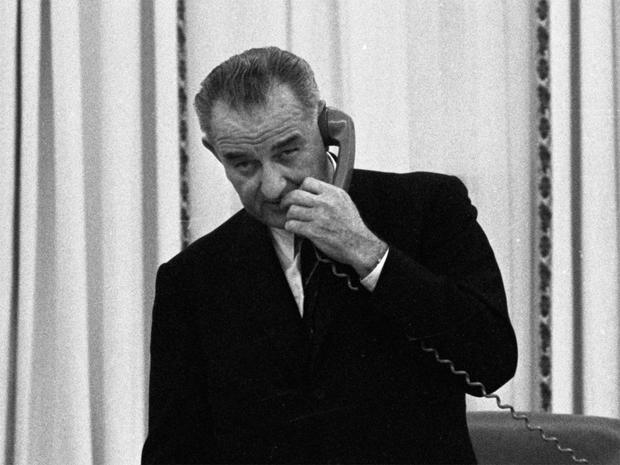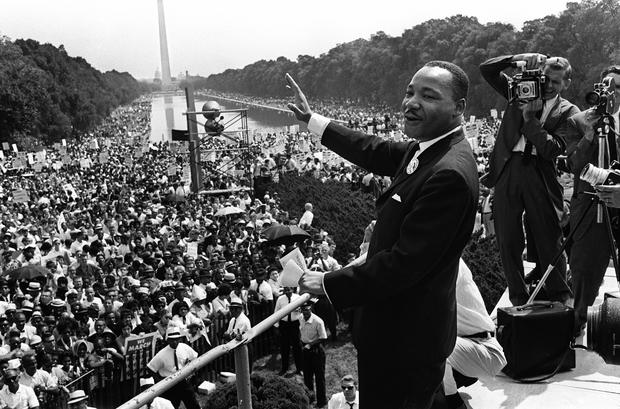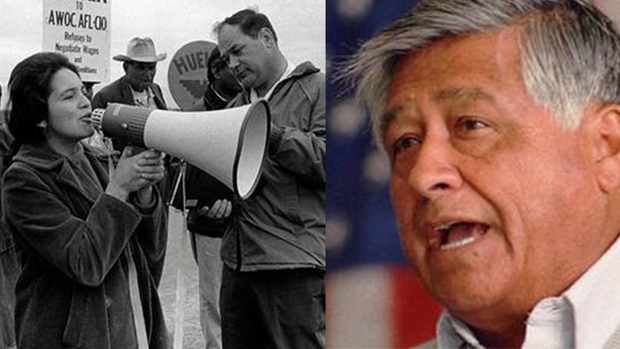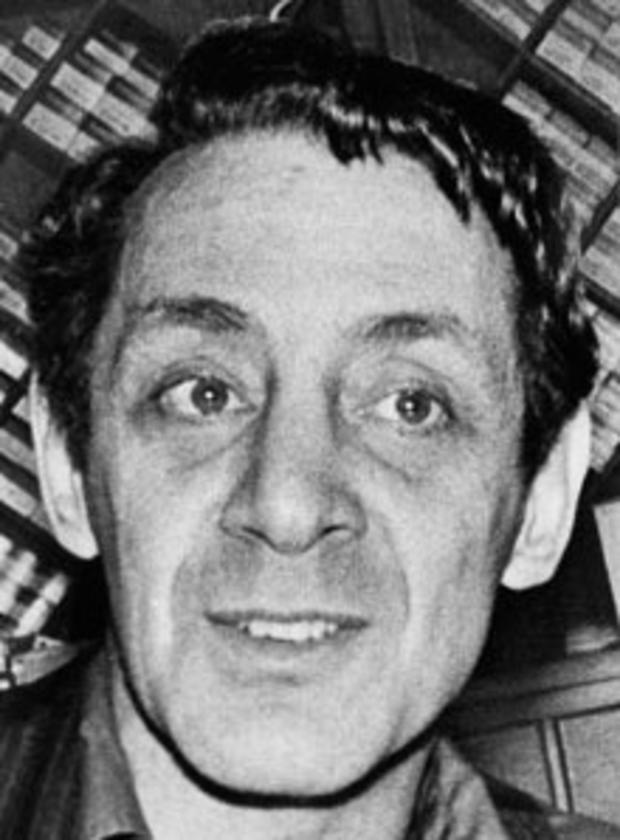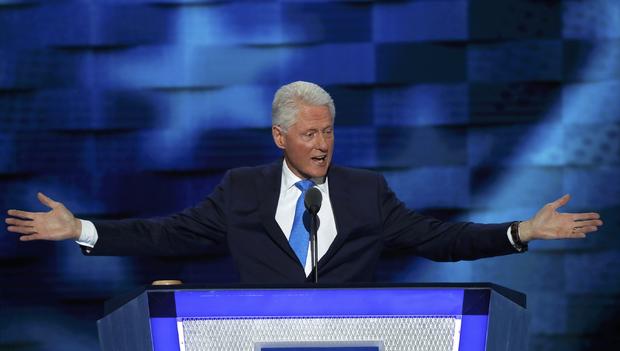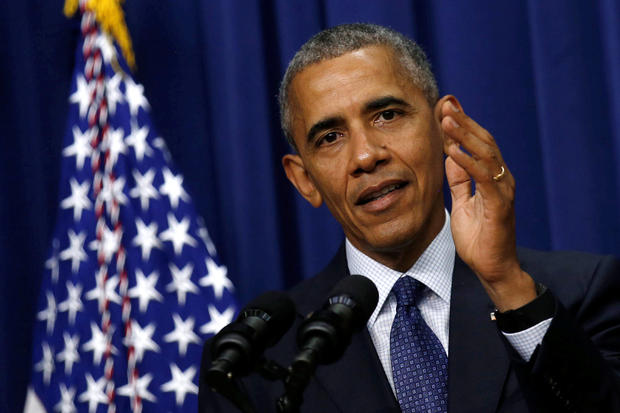All the historical references in Tim Kaine's DNC speech
Last night at the Democratic National Convention it was Tim Kaine's moment to shine. He officially accepted the VP nomination and delivered an impassioned speech in support of Hillary Clinton. But before starting what he called "the next chapter in our great and proud story," he name-checked a long list of Americans who've made history in the past.
In case you're not on a first-name basis with all of the historical figures Kaine rattled off in his speech, here is a look at the people and events he highlighted.
"Thomas declared all men equal..."
In the Declaration of Independence, Thomas Jefferson wrote: "We hold these truths to be self-evident, that all men are created equal." The Declaration was signed in 1776, and 240 years later its vision of equality is still at the forefront of Americans' minds.
"And Abigail remembered the women..."
Ladies and gentlemen, Abigail Adams! Abigail was way ahead of her time when she wrote to her husband, the future president John Adams, on March 31, 1776:
"If particular care and attention is not paid to the ladies, we are determined to foment a rebellion, and will not hold ourselves bound by any laws in which we have no voice or representation."
"Woodrow brokered peace..."
After the first world war, President Woodrow Wilson wanted to stop such violence from ever happening again. He pushed for the creation of the League of Nations, for which he won the Nobel Peace Prize in 1919.
"...And Eleanor broke down barriers."
Eleanor Roosevelt was a first lady, activist and delegate to the United Nations General Assembly from 1945 to 1953. The wife of President Franklin D. Roosevelt, she served as chair of the U.N.'s Human Rights Commission and aided in writing the Universal Declaration of Human Rights.
"Jack told us what to ask..."
Jack was the nickname of John F. Kennedy, who famously declared in his inaugural address on January 20, 1961: "Ask not what your country can do for you, ask what you can do for your country."
"...and Lyndon answered the call."
After years of demonstrations calling for equal rights for black Americans -- including the "Bloody Sunday" march when peaceful protesters were beaten in Selma, Alabama -- President Lyndon B. Johnson answered the call by signing the Voting Rights Act into law on August 6, 1965.
"Martin had a dream..."
Dr. Martin Luther King Jr. delivered his "I Have a Dream" speech at the March on Washington on August 28, 1963. Outlining King's dream of equality for all people, it is widely considered one of the most influential speeches of all time.
"Cesar y Dolores said sí se puede..."
Cesar Chavez and Delores Huerta organized and fought for the rights of farm workers. While there's a bit of a disagreement about who originated the phrase, its message rings true: "Sí se puede" means "Yes, it can be done" in Spanish, and it is the motto of the United Farm Workers. In 1972 Arizona passed legislation denying farm workers the right to strike and boycott during harvest seasons. The workers were told that there was nothing they could do to fight back and better their conditions, which elicited the impassioned response, "Sí se puede!"
"...And Harvey gave his life."
Harvey Milk was the first openly gay person elected to public office in the United States when he won a seat on the San Francisco Board of Supervisors. Milk was a pioneer of gay rights.
In 1978, Milk was assassinated along with Mayor George Moscone. They were shot and killed by a former city official, Dan White, who wanted his job back and had expressed resentment about the "direction" the city was heading.
"Bill bridged a century..."
Bill Clinton served two terms as president, from 1993-2001, and famously promised to "build a bridge to the 21st century." Now he's campaigning for his wife, Hillary.
"...And Barack gave us hope."
President Obama was first elected in 2008 on a promise of "hope and change." Now he's hoping voters won't change course on the next election day.
